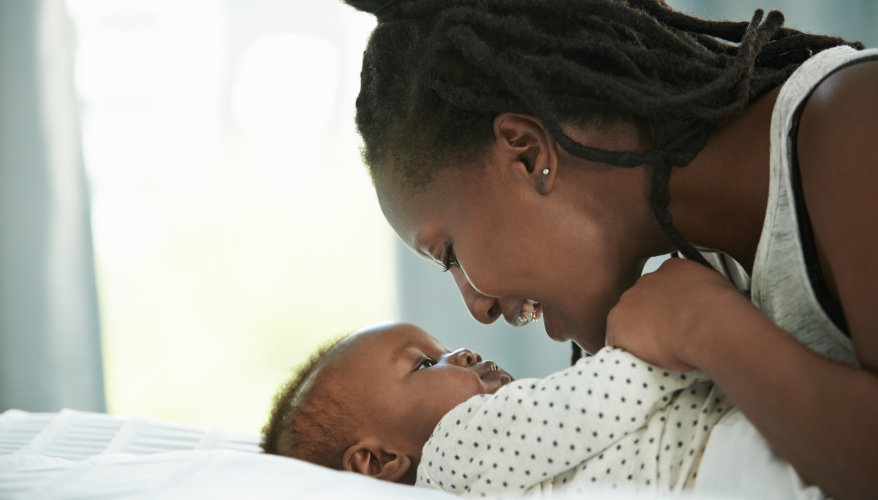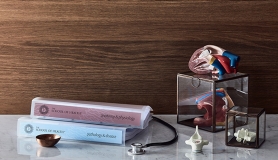“I have noticed an increase in postnatal depression in the last five years. The reason for this is complex. Lack of support from family as well as from the society is the main cause. It is said that ‘It takes a village to grow a child’. But today, because of increased population mobility, new mums often do not have a strong network of family members and friends that can help practically and support emotionally.
Many mums, especially if isolated, find it hard to cope with the demands of the early days. The postpartum period is a very delicate time for a woman. After giving birth she needs to rest and be looked after. Unfortunately the postnatal care provided by the NHS seems inadequate to prevent postnatal depression. There is not much information on how new mums should look after themselves. Often women have expectations about labour and breastfeeding. Sometimes these expectations had not been met and, when they leave the hospital, they feel very vulnerable, anxious and insecure. Women might find it difficult to recognise and admit they are suffering postnatal depression. When suffering a mental condition, the abilities of the mind to see reality are weakened and can be difficult to be aware of the symptoms of postnatal depression.
THE CAUSES In my opinion the primary reason of postnatal depression is the lack of physical and emotional nurturing after giving birth. Past mental issues can creep up due to mental and physical exhaustion. Even for women that have never experienced mental health problems before, early motherhood is physically and emotionally demanding.
It is in this extremely delicate time, which lasts about 40-days that mothers need more help and support. it is traditionally called quarantine, which means forty. In many cultures mothers are traditionally looked after by the female family members during this time. They have time to rest, recover and establish breastfeeding. They are given proper food and massage for the nourishment of the body and mind.
HOW AYURVEDA HELPS In Ayurvedic medicine, there are three main forces that control all the physical and mental functions in the body. One, known as Vata, is responsible for the brain activity. After labour, Vata becomes imbalanced and can get even more out of sync due to lack of sleep, worries and anxieties. If a new mum cannot get rest and proper care to overcome the stress of the labour and if she cannot get help with practical issues, breastfeeding support and emotional nurturing, she may be prone to postnatal depression. Ayurveda can be used to prevent as well as treat postnatal depression. Under the care of an Ayurvedic practitioner, new mums are advised to stay home for a couple of weeks, resting and sleeping when not feeding their babies. They receive massage three times a week for a couple of weeks with warm medicated oils. Warm, oily, heavy, stable are the qualities of the substances that calm Vata down. They are given proper postnatal food which, is light and nourishing, because their digestive system is very weak after the stress of labour and heavy food cannot be digested. Mothers need to be warm and avoid cold drinks. Only warm food and baths are given for the same reasons. There are also herbs that help to restore strength, improve digestion and strengthen the mind. As a holistic medical system, Ayurveda also uses counselling for treating the mind.
It is very important that mums accept the need to be mothered. Postnatal depression can be prevented if mums are looked after properly, take rest and sleep as much as possible, eat nourishing food and are listened to and supported by family and medical professionals. Yoga and meditation are part of the Ayurvedic system with the same goal to calm the fluctuation of the mind, and are very helpful in case of depression. Mindfulness is well known to help and postnatal yoga classes are a great way for mums to strengthen the body, relax, and also meet other mums.
MORE INSPIRATION
EXPLORE Visit magamama.com for articles and resources
READ The Postnatal Depletion Cure: A Complete Guide to Rebuilding Your Health and Reclaiming Your Energy for Mothers of Newborns, Toddlers and Young Children by Dr Oscar Serrallach
VISIT The Association for Postnatal Illness website at apni.org for leaflets and videos.







